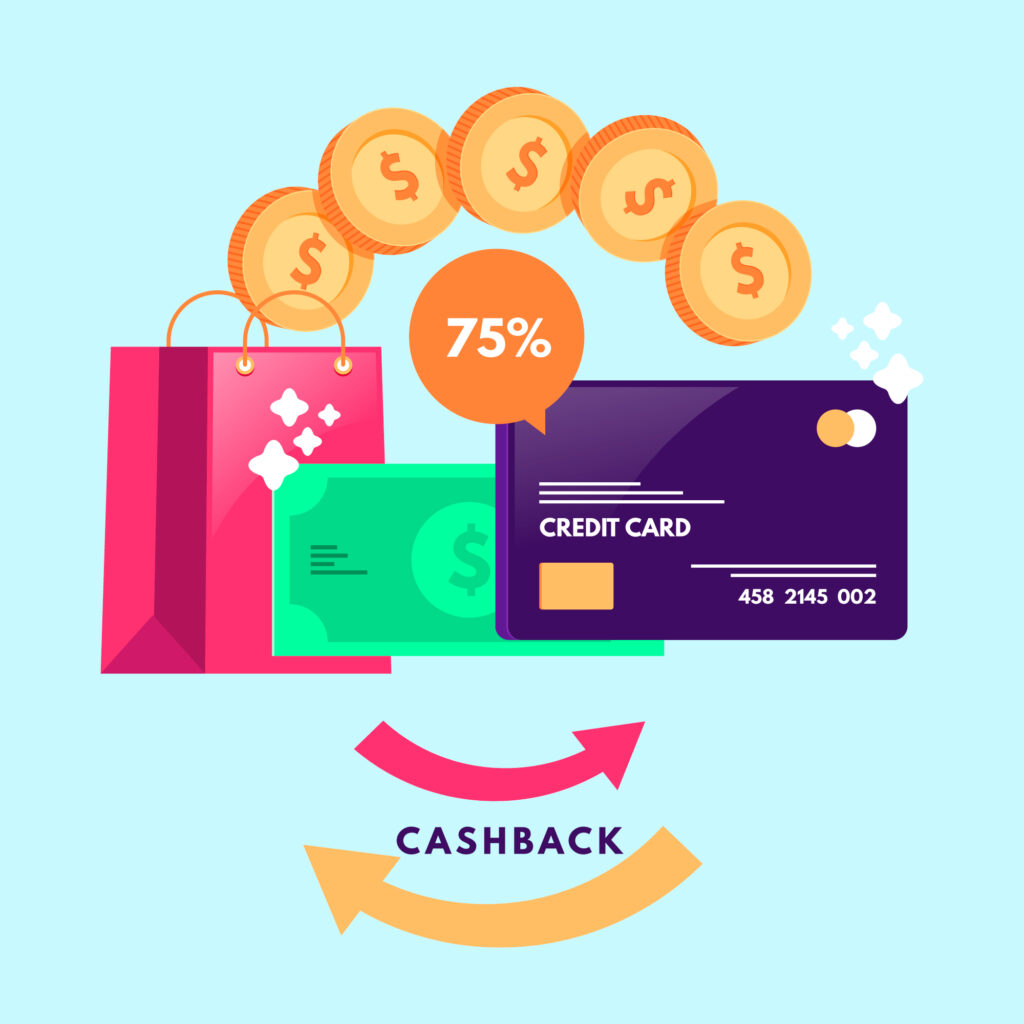
Introduction
Merchants are drawn to tiered pricing due to its structured format, making it seem straightforward at first glance. However, the complexity of how different transactions are categorized gives rise to potential pitfalls that can take time and effort to navigate effectively. One of the key challenges lies in the visibility of transaction-level fees. Unlike interchange-plus pricing, where businesses see exactly what they are paying in terms of interchange costs plus the processor’s markup, tiered pricing lacks transparency, leaving merchants somewhat in the dark about how much they will be charged for each transaction processed.
Lack of Transparency
This lack of transparency can lead to budgetary miscalculations and unexpected fees that must be accounted for, prompting some merchants to reconsider whether tiered pricing is the best option for their payment processing needs. Furthermore, businesses must always strive to align their processing strategies with their transaction patterns to minimize costs. For instance, a retail-oriented business that primarily processes traditional credit card swipes may find tiered pricing advantageous due to their high volume of qualified transactions. In contrast, an e-commerce business might face a significant number of transactions that fall into the mid-qualified or non-qualified tiers due to the nature of online payments, which can significantly increase monthly fees under a tiered pricing structure. Therefore, understanding the nuances of how tiered pricing influences costs becomes crucial in selecting the right payment processing solution.
Transaction’s Qualification Tier
In addition to transaction types, other factors can influence a transaction’s qualification tier, including the type of card used, the transaction size, and how the transaction is processed (in-person, online, or keyed-in). For example, transactions made with business or rewards credit cards often incur higher fees, while debit card transactions generally fall into the qualified category if processed correctly. The pricing model encourages businesses to improve their payment processing practices, such as ensuring the right technologies are in place to capture card data accurately, employing address verification systems, and minimizing instances of manual key-entry, which can elevate risk and consequently fees.
Dual Effect
Tiered pricing has the dual effect of encouraging operational efficiencies while simultaneously leading merchants to adapt their practices to maintain cost-effectiveness. Merchants may also benefit from exploring various payment processors to compare their tiered pricing structures. Many companies personalize their pricing models, which may provide opportunities for businesses to negotiate better terms based on their transaction behavior and volume. Engaging in regular reviews and audits of payment processing statements can help businesses identify patterns and anomalies in their fees, allowing them to make informed decisions regarding their processing arrangements.
Conclusion
In conclusion, tiered pricing in credit card processing can offer both benefits and drawbacks for merchants. While it provides a clear structure for understanding transaction fees, the complexity and potential lack of transparency can lead to confusion and unexpected costs. It is important for businesses to carefully analyze their transaction types, volume, and methods to determine whether tiered pricing aligns with their operational capabilities and overall financial health. By remaining informed about their payment processing options and actively engaging with their processors, merchants can position themselves to make strategic decisions that reduce costs and enhance their transactional efficiency. Ultimately, the choice of pricing model—whether tiered, interchange-plus, or flat-fee—should be guided by a comprehensive understanding of how each option aligns with the merchant’s business model and transaction behavior. Please note that this is only some basic information on tiered pricing, for more information, call us at 310.826.7000
